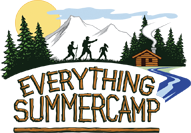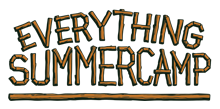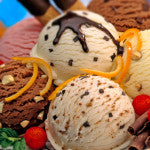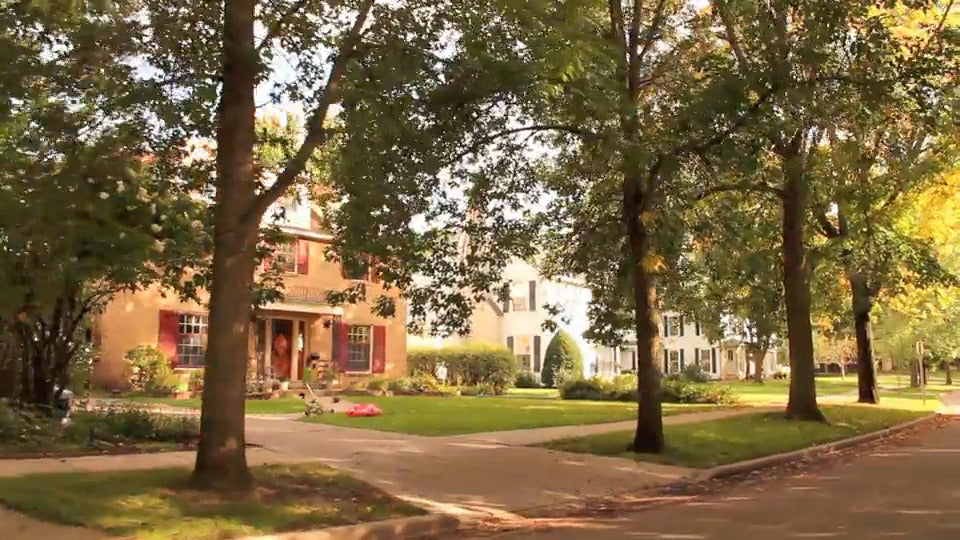Hey, Thanksgiving Fans!
We do a lot to celebrate this harvest holiday: from parades to parties, football games and feasts…. A holiday with so many traditions must have a lot of history to it as well! That’s why I put together a little Thanksgiving quiz to see how much you know about this day and the traditions we have to celebrate it. Here are a few bonus nuggets of information about our Thanksgiving Day celebrations.
 Most of you already know that the Thanksgiving holiday celebrates the feast the Pilgrims enjoyed back in 1621 after they reaped the harvest that the Wampanoag Natives taught them to sow. However, few people know that it wasn’t originally called Thanksgiving.
Most of you already know that the Thanksgiving holiday celebrates the feast the Pilgrims enjoyed back in 1621 after they reaped the harvest that the Wampanoag Natives taught them to sow. However, few people know that it wasn’t originally called Thanksgiving.
In fact, to begin with, it wasn’t really called anything. Before that term referred to this one holiday that we all know and love, it was used to refer to multiple days throughout the year in which celebrations of thanks were held for successful crops, much-needed rainfall, the end of a harsh winter—anything, really.
Another point of interest is our bird of choice for our Thanksgiving feasts. Did you know that the Turkey was actually proposed by Mr. Benjamin Franklin to be our nation’s official bird. He was torn up about it when the Bald Eagle was declared the winner. He wrote to his daughter about the eagle’s “bad moral character” and probably would have preferred that the nation dined on Bald Eagle for this occasion.
 Lastly, did you know that the word ‘turkey’ actually comes from the Indian word for peacock—‘tuka’. Just as the confused Christopher Columbus dubbed the Natives of America ‘Indians’ (because he thought he was in India), he referred to a turkey as a ‘tuka’. The name kind of stuck and then evolved into ‘turkey’.
Lastly, did you know that the word ‘turkey’ actually comes from the Indian word for peacock—‘tuka’. Just as the confused Christopher Columbus dubbed the Natives of America ‘Indians’ (because he thought he was in India), he referred to a turkey as a ‘tuka’. The name kind of stuck and then evolved into ‘turkey’.
Well, Blog Readers, hopefully you learned a thing or two or three from today’s Blog post and maybe even adopted Ben Franklin’s deep respect for the turkey. In any case, thanks for reading!
- John



 Believe it or not, Noah Webster did not make the first dictionary—just the one that we all know and love. Actually, dictionaries (as far as we know) date back to 2300 B.C. The oldest dictionary ever found was a simple, bilingual wordlist of words in the Sumerian and Akkadian languages.
Believe it or not, Noah Webster did not make the first dictionary—just the one that we all know and love. Actually, dictionaries (as far as we know) date back to 2300 B.C. The oldest dictionary ever found was a simple, bilingual wordlist of words in the Sumerian and Akkadian languages. one of our hearts. That goes without question.
one of our hearts. That goes without question. onsible for pies too. Pie was the answer for the Egyptians’ need of nutritious, long-lasting, easy-to-store and easy-to-transport food items that Egyptian sailors could take on long journeys. Pies started showing up some time around 9500 BC.
onsible for pies too. Pie was the answer for the Egyptians’ need of nutritious, long-lasting, easy-to-store and easy-to-transport food items that Egyptian sailors could take on long journeys. Pies started showing up some time around 9500 BC. ot chocolate had recently become a fast-favorite, standing alongside other popular drinks like coffee and tea. These became the first three ice cream flavors.
ot chocolate had recently become a fast-favorite, standing alongside other popular drinks like coffee and tea. These became the first three ice cream flavors.
 This was the case until people started farming on a significant scale. Such farming allowed people to occupy their time with things other than farming. They did other jobs, built cities, and settled down in communities and neighborhoods.
This was the case until people started farming on a significant scale. Such farming allowed people to occupy their time with things other than farming. They did other jobs, built cities, and settled down in communities and neighborhoods.

